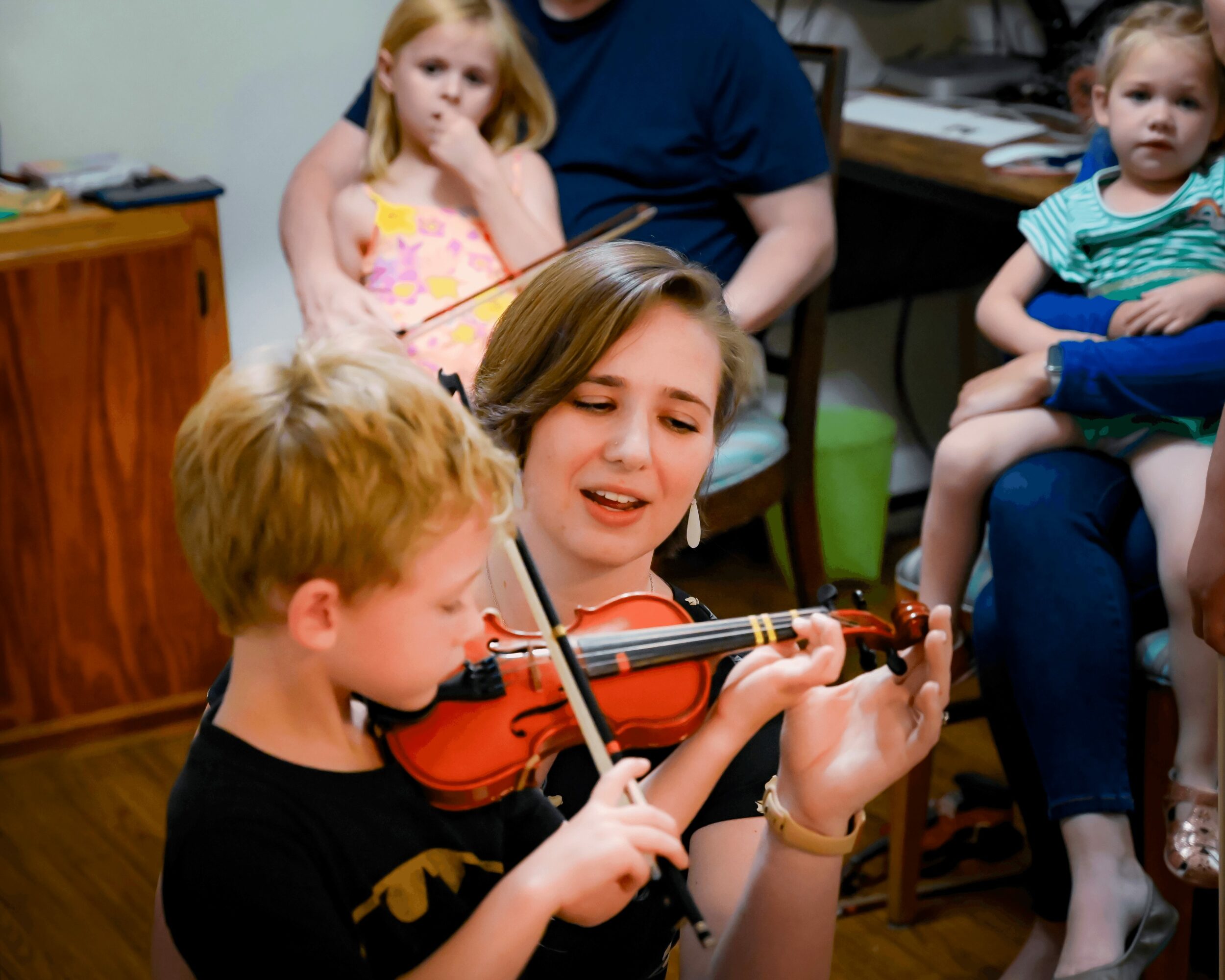
Today we’d like to introduce you to Christine Collins-Davis
Alright, so thank you so much for sharing your story and insight with our readers. To kick things off, can you tell us a bit about how you got started?
I began my musical journey at age 5 on the piano, but switched over to the violin as quickly as my parents would allow me! I was an active participant in band, choir, and orchestra throughout my middle school and high school years before attending the University of North Texas to double major in violin music education with a focus in elementary education and oboe performance. Halfway through my time at UNT, I made the decision to focus full time on elementary music education.
I started out my teaching career providing private lessons in violin, viola, piano, and voice beginning in 2012 at the Frisco School of Music where my violin studio was named “The Most Improved Studio”. Culminating graduation at the University of North Texas, I moved to Lincoln, Nebraska where I continued to teach privately while my husband was working on his Graduate Degree. Part of my work at the music school in Lincoln required that I take Suzuki violin training. Although I grew up playing repertoire from the Suzuki books, I did not grow up using the Suzuki Method and had only a minimal understanding of what is entailed. I took my first Every Child Can and Violin Book 1 course at DFWWoW in 2015 and it completely changed the trajectory of my teaching career.
Upon moving back to Texas in 2016, I accepted a position as a Suzuki Strings Specialist as part of Hurst-Euless-Bedford ISD’s Suzuki in the Schools program. In this program, I have had the pleasure of teaching students ranging from kindergarten through sixth grade the violin, viola, cello, and bass using the traditional Suzuki Method. In 2023, I started the Arlington Suzuki Academy in order to provide a Suzuki music education to violin and viola students within the mid-cities area outside of the HEB ISD Suzuki Strings program. The academy has students of all ages, sometimes starting as young as age 3.
I’m sure it wasn’t obstacle-free, but would you say the journey has been fairly smooth so far?
I have been incredibly lucky to have had the stars align every step of the way. Several days after completing my initial Suzuki training, I happened to meet a teacher who worked in Hurst-Euless-Bedford. It was through her that I first found out about the HEB ISD Suzuki program and that it would have an opening the next year. I was hired after several rounds of phone interviews despite never having seen my administrators or school in person.
I started receiving requests from students who had graduated from the HEB ISD elementary Suzuki Strings program for continued lessons. For years I would teach these secondary students lessons after school. When I started getting requests for lessons from families with elementary aged students or younger, I knew it was time to officially open the Arlington Suzuki Academy.
The biggest challenge I face is the time required t0 run the Arlington Suzuki Academy while also working full time in HEB ISD as a Suzuki Strings Specialist. I have to make a conscious effort to prioritize family time, as well as for self care while also ensuring that I am giving my absolute best as a teacher in every lesson.
We’ve been impressed with Arlington Suzuki Academy , but for folks who might not be as familiar, what can you share with them about what you do and what sets you apart from others?
Our faculty provides a Suzuki music education for violin and viola students of all ages. The Arlington Suzuki Academy believes that all children can learn how to play music given a nurturing and supportive environment. Developed by Dr. Shinichi Suzuki, the Suzuki Method teaches music in the same way children develop native language acquisition. This way of teaching and learning utilizes parental involvement in lessons and in practice at home, nurturing feedback and high levels of repetition.
At the Arlington Suzuki Academy, we believe that music education should be available to all families, regardless of income. In commitment to our values, we have structured tuition based on an equitable sharing of resources. Tuition is pooled with what each family can offer in order to keep the work of our Suzuki community going and growing. We all benefit from a school that reflects and serves those in and around our community. We depend on this equitable distribution to continue our school’s mission and provide fair pay to our amazing and highly qualified teachers.
What do you like best about our city? What do you like least?
There are so many incredible things about the DFW area! We are so lucky to have such a culture of support for music education. This is evident in all of the high achieving K-12 public school music programs. There are even two school districts in our area that have Suzuki in the Schools programs in a time when public education funding is incredibly strained. The prioritization of music education in this area is something special that no other state can compare to.
The hardest part about living and working in DFW is how spread out everything is. Even with efforts to make music education financially equitable, transportation is still an obstacle for many families. With the improvements of technology, online lessons are an option, but even this requires an access to a level of technology with high video and audio quality. Nothing can really compare to in-person lessons though as we can use hands on teaching.
Contact Info:
- Website: https://arlingtonsuzukiacademy.com/
- Instagram: https://www.instagram.com/arlingtonsuzukiacademy/
- Facebook: https://www.facebook.com/people/Arlington-Suzuki-Academy/100089837166208/
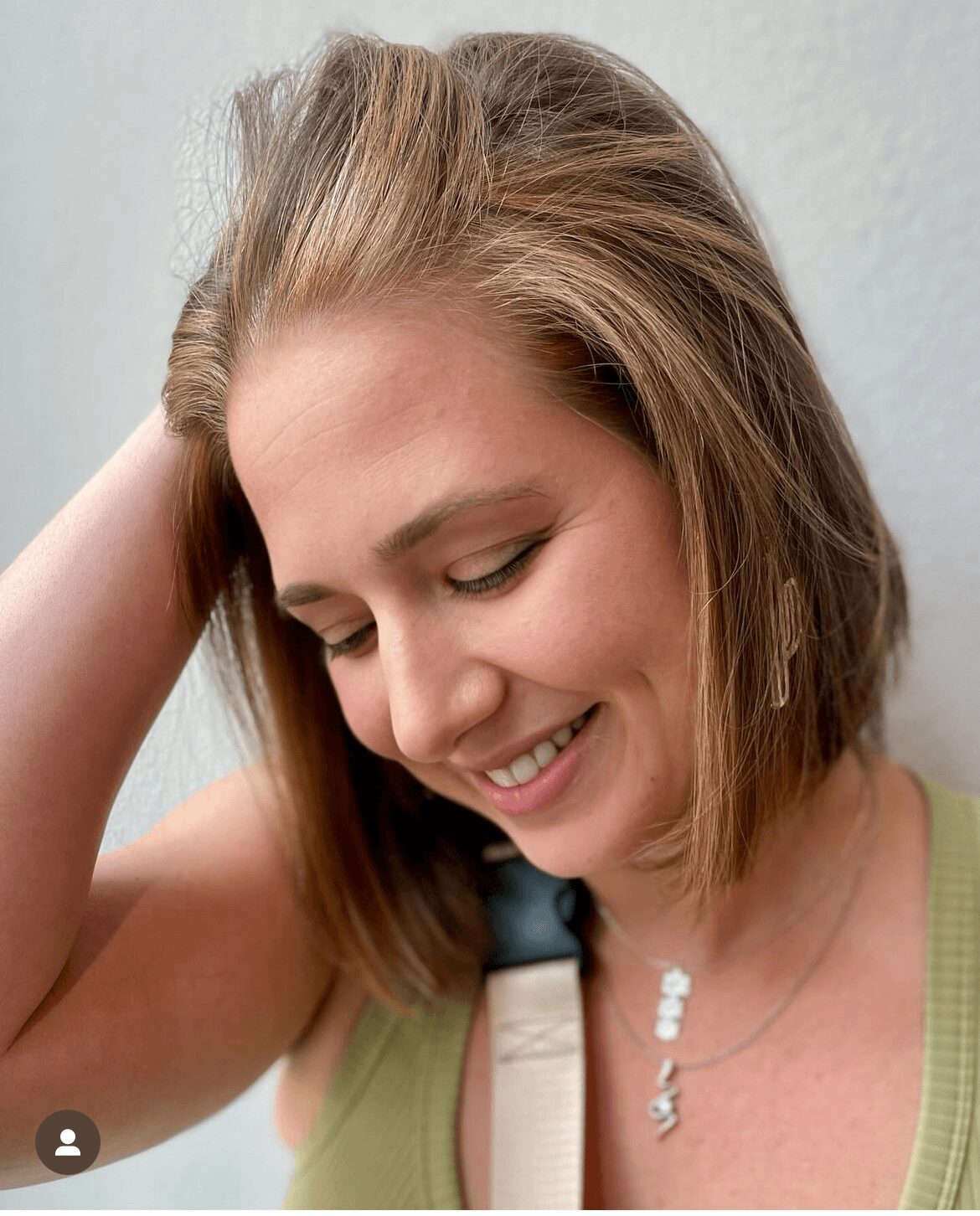
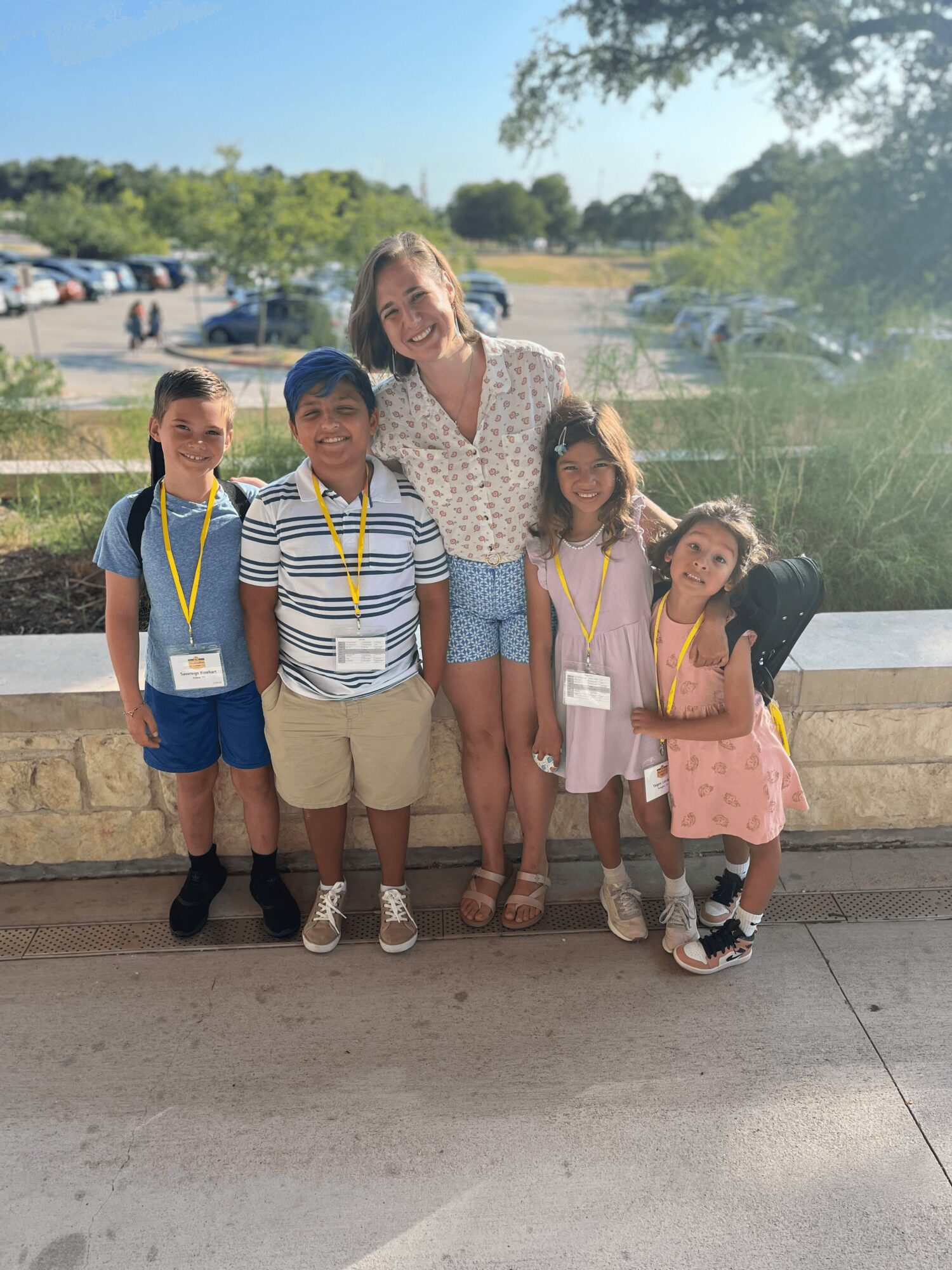
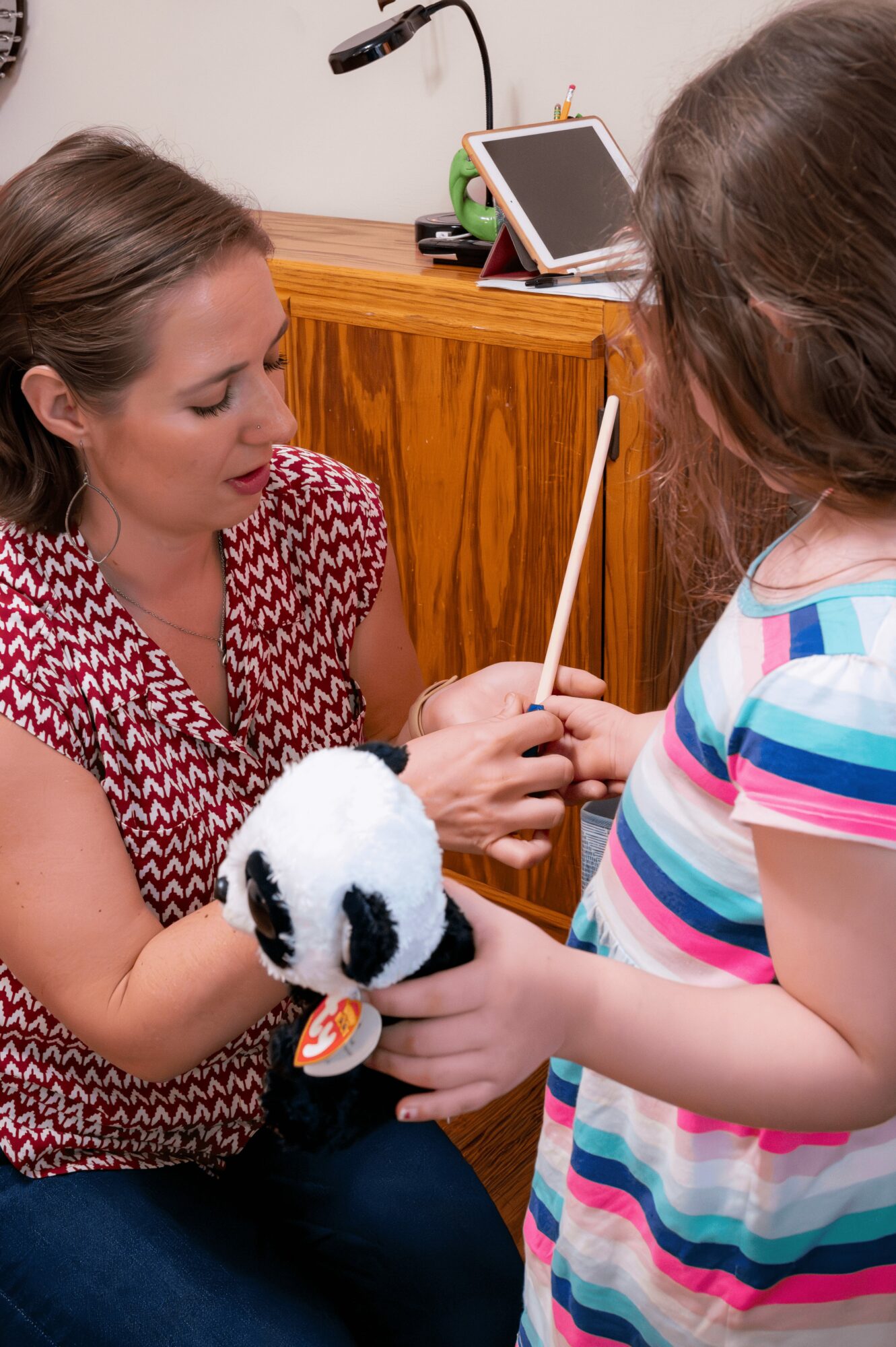
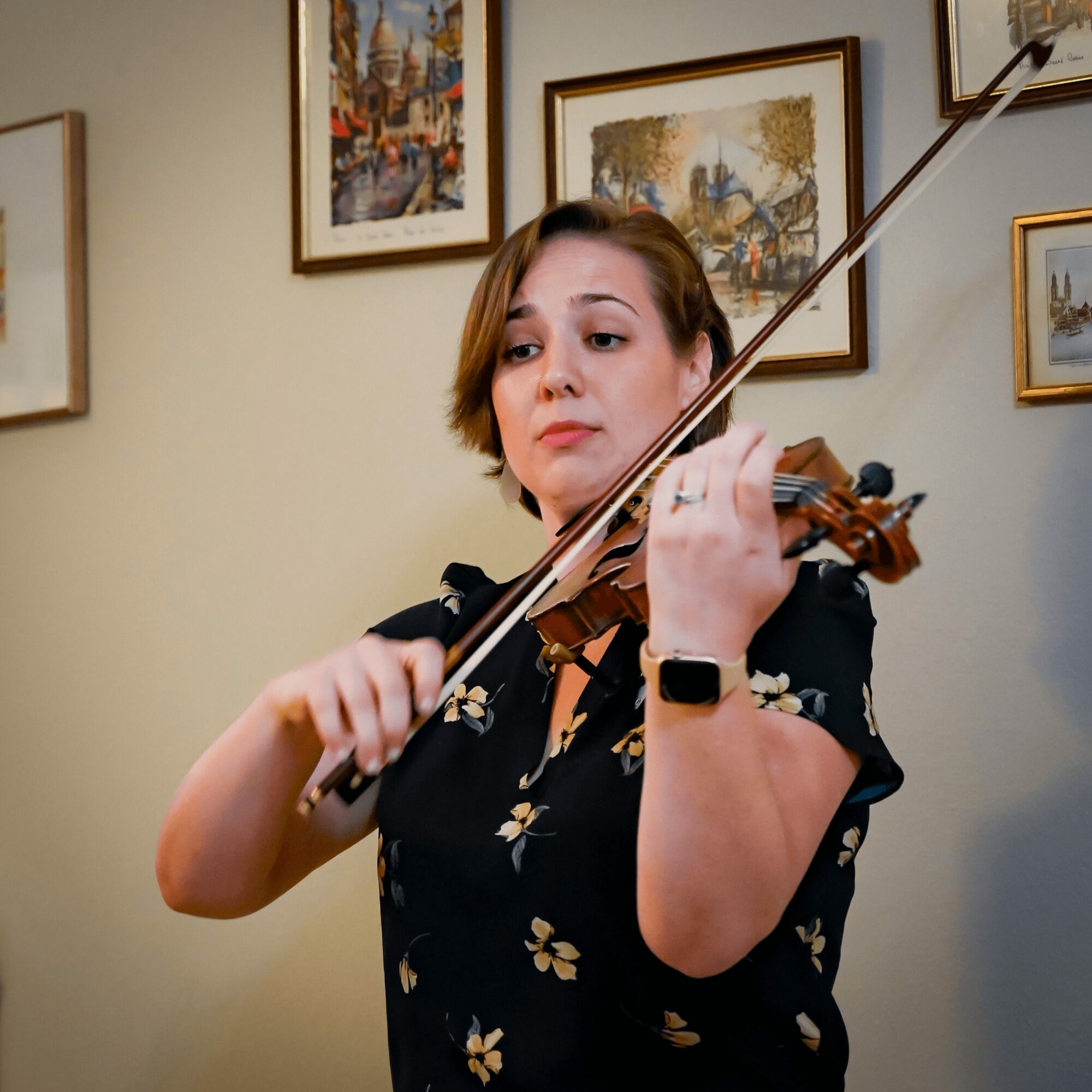

Image Credits:
Eric Padilla










